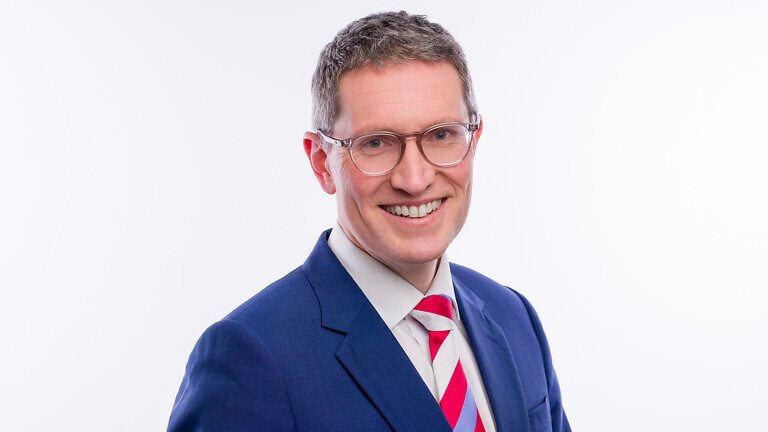A new report from Axa Health finds that almost half of people in the UK have self-diagnosed in the UK over the past year and calls for online protection for healthcare claims.
A new report finds that nearly half of people in Britain have self-diagnosed at least once in the last year while almost a fifth (18%) of 16-24-year-olds have self-diagnosed at least four times over the last 12 months.
The report from insurer Axa Health highlights the top two factors driving individuals to self-diagnose, which include difficulties in securing an NHS appointment (36%) and concerns about long waiting lists (22%).
A third of respondents, particularly younger individuals, turn to social media platforms like TikTok and Instagram, which raises concerns about the accuracy of the information they encounter, due to the amount of user-generated content on these platforms.
More than three-quarters of respondents (78%) believe there should be more regulation of health information available online.
“As digital tools in healthcare become increasingly integral – and for the most part, helpful – it’s crucial to ensure that the information people rely on is accurate and safe,” said Axa Health chief executive Heather Smith.
People are most commonly self-diagnosing minor ailments such as hay fever, sunburn and common colds (42%), but nearly a third (32%) have self-diagnosed a mental health condition, including depression, anxiety, obsessive-compulsive disorder (OCD) and eating disorders.
The rates of mental-health self-diagnosis are most acute among young people. More than half (52%) of those aged 16-24 who have self-diagnosed did so for a mental health condition.
Calls for a strategy
“The future of healthcare is evolving, and digital options are becoming an important part of this, but there needs to be a strategy in place to ensure we get the best out of digital tools and protect the public,” said Smith.
The report calls for a number of actions to enhance the safety and accuracy of online health information.
First, the introduction of verified accounts for medical professionals on social media. Second, there should be stricter guidelines on health content online. There should be a health kite-mark certification to validate the accuracy of online health information. And finally, systems have to be established to “red flag misleading health content” and to educate users on how to identify unreliable sources.



